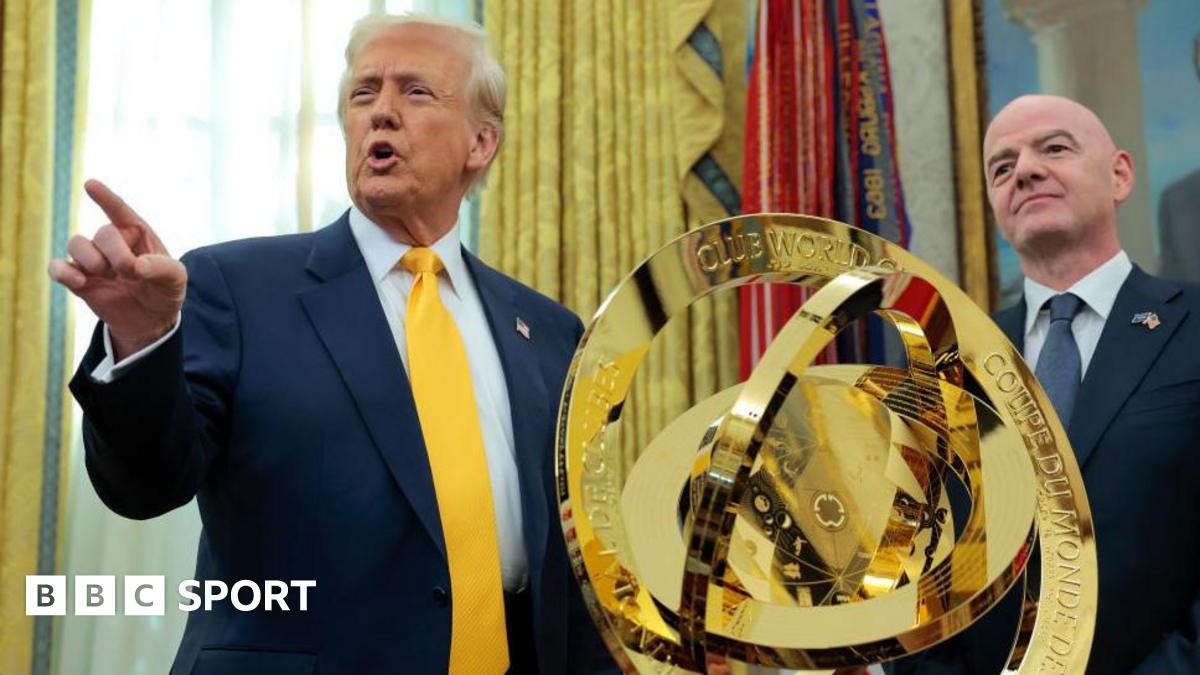Ants could teach humans a thing or two about teamwork
When more humans participate in a game of tug-o-war, each individual puts in less effort. But the opposite is true in weaver ants, according to new research in the journal Current Biology.
ARI SHAPIRO, HOST:
Imagine this - you're locked in a grueling game of tug-of-war, pulling as hard as you can to keep your team from going down. More people join, and you're pulling with all your strength, or are you? Experiments have shown that adding more people to a tug-of-war team makes the whole team stronger, but...
DANIELE CARLESSO: As you add the people to the team, the individual effort that each member puts is decreasing, actually, over time.
SCOTT DETROW, HOST:
In other words, each member puts in less effort, the more people pile onto the rope. This is a well-known effect on humans, according to Daniele Carlesso. He is a postdoctoral fellow at the University of Konstanz in Germany. And he was curious if the same might hold true for teamwork in ants.
CARLESSO: There is a lot of similarities between ants and humans. Like ants are, for instance, the only other animal that routinely transports object together to reach a goal, aside from humans.
SHAPIRO: So his team looked specifically at weaver ants, which live in tropical forests. They are incredible team players, linking their bodies together in chains to accomplish communal goals, like folding leaves into nests or moving large objects.
CARLESSO: We studied the species because they are one of the few species worldwide that display these kind of behaviors of self-assembly. So they are able to link with each other through their mandibles or legs and create three dimensional structures with their own body.
DETROW: The researchers studied that behavior in the lab by setting the ants loose on a fake paper leaf and measuring the force the ants exerted as they pulled and folded the paper as a team. They suspected that individual ants might slack off as the group got larger, like humans do.
CARLESSO: But actually, what we found is the opposite. So the ants, by joining together, they're actually able to adapt to their force not only by just maintaining this individual effort, but also actually increasing it.
SHAPIRO: In fact, each individual ant almost doubled its pulling effort as more teammates joined in. The scientists write that the ants are superefficient team workers. Their work appears this week in the journal Current Biology.
DETROW: Carlesso says the findings could inspire engineers to design more efficient swarms of tiny robots, and perhaps the study could inspire us humans who are far from being superefficient team players.
CARLESSO: It is a bit disappointing, yeah. We think that is due mostly to loss of motivation, social loafing. So people think they are less detectable if they put less effort into the team. You know, you're less responsible when you're part of a group, right?
SHAPIRO: As for Carlesso, when posting about the study on X, he made sure to write, "huge thanks to my coauthors for their massive effort."
(SOUNDBITE OF KAYTRANADA SONG, "GO DJ (FEAT. SIR)")
Copyright © 2025 NPR. All rights reserved. Visit our website terms of use and permissions pages at www.npr.org for further information.
Accuracy and availability of NPR transcripts may vary. Transcript text may be revised to correct errors or match updates to audio. Audio on npr.org may be edited after its original broadcast or publication. The authoritative record of NPR’s programming is the audio record.

 3 months ago
65
3 months ago
65








 English (US) ·
English (US) ·